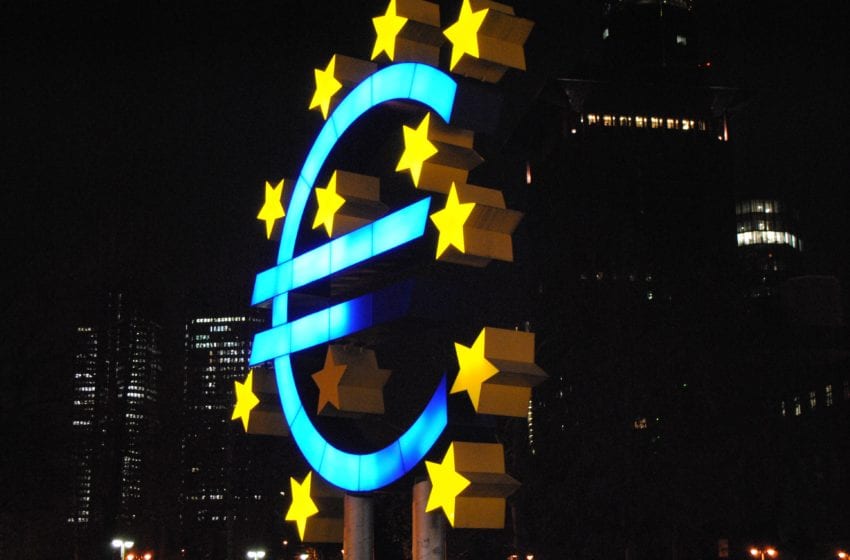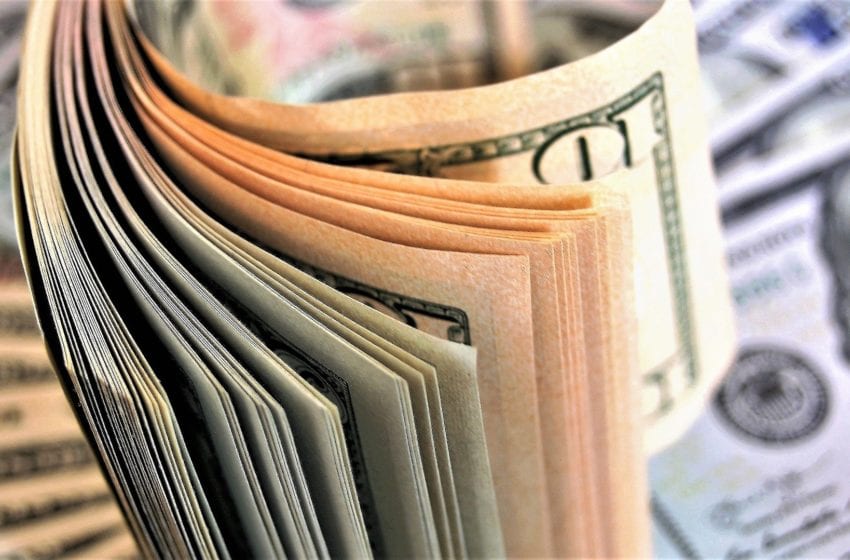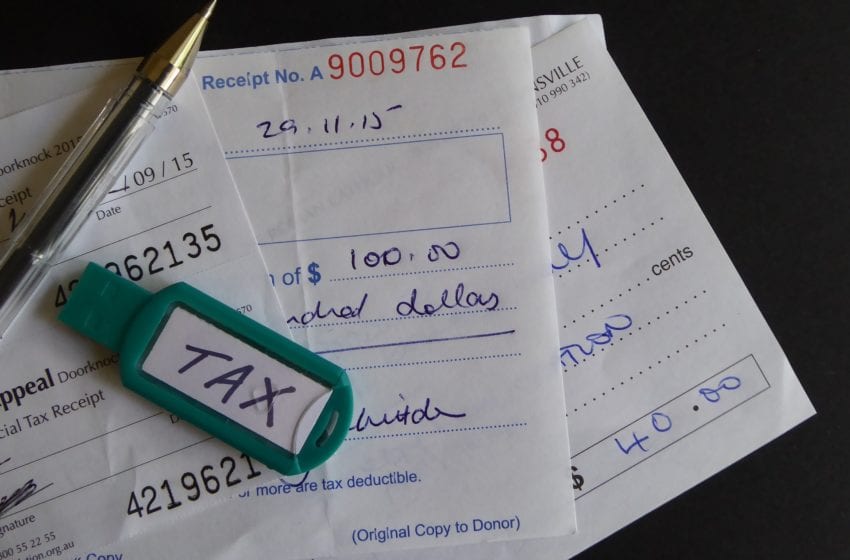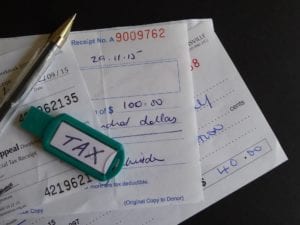On the heels of a recently ended consultation on the update of the Tobacco Excise Directive (TED), the World Vapers’ Alliance (WVA) strongly urges policymakers to stay away from equating smoking tobacco and vaping, especially when it comes to taxation.

The TED update lays out the European Commission’s intention to tax vaping products similarly to how cigarettes are taxed.
“Making vaping less appealing to smokers by higher prices will discourage current smokers from switching to less harmful alternatives,” said WVA director Michael Landl. “This is certainly not going to be of any public health benefit. Additionally, high taxes on vaping products are particularly harmful to the lower income brackets of the population, which make up the largest proportion of current smokers.”
The consultation ended on 5 January and out of 134 responses from citizens, associations and industry, 113 (84 percent) referenced the positive impacts of vaping and the serious negative impact that taxing it the same as cigarettes would have, according to EUreporter.com.
“I am delighted by the overwhelming number of responses in favour of vaping to this consultation,” Landl said. “It shows that many people know the potential for harm reduction of vaping. What policymakers need now to understand is that tax hikes on vaping will lead to people switching back to smoking, an outcome absolutely nobody wishes for.
“Therefore, for the WVA it is important that non-combustible products are not regulated and taxed the same way combustible tobacco is. Lawmakers need to follow the scientific evidence and abstain from tighter regulation and higher taxation of vaping products.
“If we want to reduce smoking induced burdens on public health, access and affordability to vaping products need to be guaranteed,” Landl concluded.


















